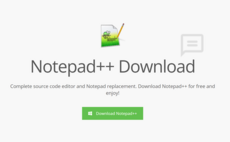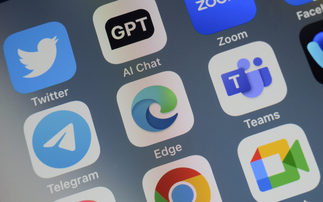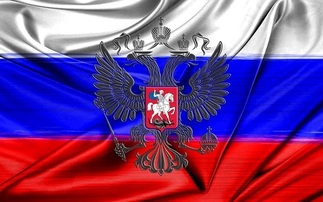Anti-spam and other 'out of scope' measures in draft telecoms treaty rejected by UK, US and other governments
The UK, the US, Australia and a number of other countries have refused to sign a new international telecommunications treaty after the final text was pushed through in a "forced" vote. They clai...
To continue reading this article...
Join Computing
- Unlimited access to real-time news, analysis and opinion from the technology industry
- Receive important and breaking news in our daily newsletter
- Be the first to hear about our events and awards programmes
- Join live member only interviews with IT leaders at the ‘IT Lounge’; your chance to ask your burning tech questions and have them answered
- Access to the Computing Delta hub providing market intelligence and research
- Receive our members-only newsletter with exclusive opinion pieces from senior IT Leaders




















